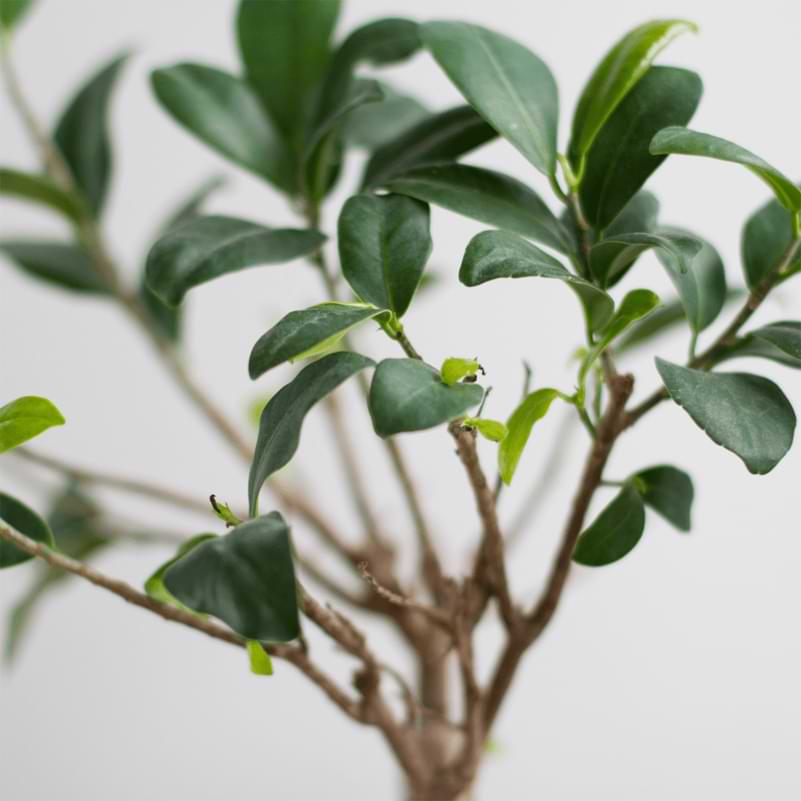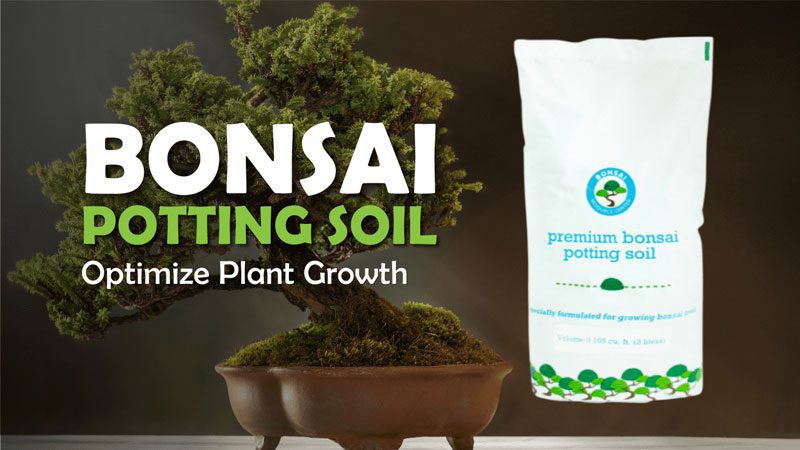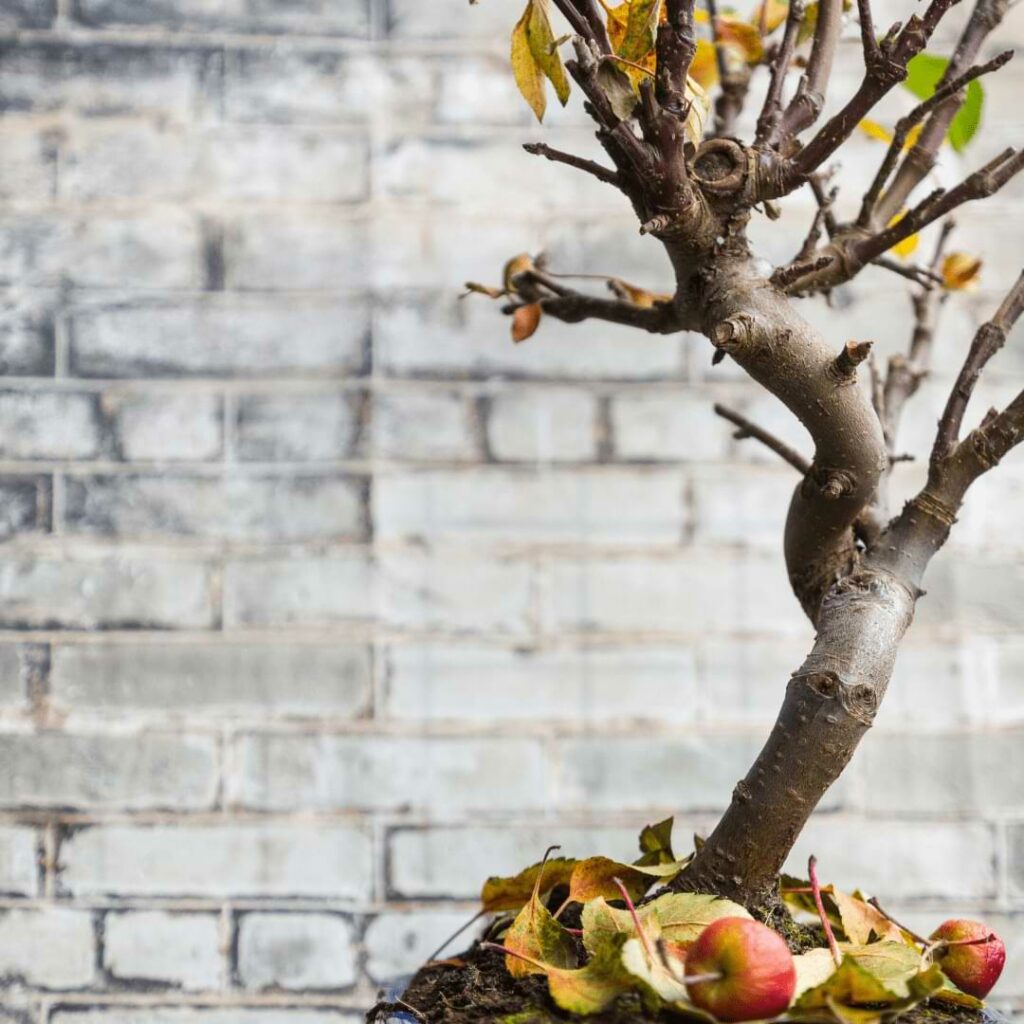Picture this: a miniature tree, carefully nurtured and shaped into an exquisite work of art. Its delicate branches adorned with vibrant leaves, creating a mesmerizing display of nature’s beauty. But then, as the seasons change and winter arrives, something unexpected happens.
The once-lush canopy starts to shed its foliage, leaving the bonsai bare and seemingly lifeless. It’s common for trees growing outdoors to lose their leaves as the cold weather moves in, but why do bonsai lose their leaves in winter if they always live inside? Let’s take a closer look.
Why Do Bonsai Lose Their Leaves?
There are several reasons why bonsai lose their leaves during the colder months. One reason is the natural response of certain species to changes in temperature and daylight hours. Just like their full-sized relatives in nature, bonsai trees go through a dormant period during winter where they conserve energy by shedding leaves, even if they spend most of their time indoors.
It’s also possible for a bonsai tree to lose leaves if it is not being cared for properly or if there is some type of pest or disease that has damaged the tree and leaves. Other issues can also cause leaf drop, too.
Bonsai Tree Leaves Turning Yellow And Falling Off
One common issue that bonsai owners may encounter is when the leaves of their trees start turning yellow and falling off. This can be quite alarming and it may indicate a problem with the health of the tree.
Both overwatering and underwatering can lead to your tree’s leaves turning yellow, as well as a lack of nutrients. Certain diseases can also cause your plant’s leaves to turn yellow, and if not taken care of quickly, the leaves will eventually fall off.
Environmental factors such as extreme temperature fluctuations or insufficient light can also lead to leaf problems in bonsais. Cold drafts or sudden changes in temperature can shock the tree’s system and result in leaf loss.
Bonsai Tree Leaves Turning Brown And Falling Off
Much like yellowing leaves, brown leaves on your bonsai have several possible causes. One possibility is underwatering or overwatering, as well as improper light exposure and nutrient deficiencies. These issues typically start with a yellowing of the leaves, and then if the issue is not resolved, the leaves will turn brown and fall off.
One of the most common reasons a leaf will go straight to brown and then fall off is overexposure to hot, direct sunlight. This can scorch the leaves rather quickly if the tree is not used to that type of light exposure.
Bonsai Tree Leaves Dry And Falling Off
Most commonly, bonsai tree leaves drying out and falling off is typically due to either underwatering or the air being really dry around the tree. Really low humidity and no water for the roots to drink can zap the moisture out of leaves rather quickly, which will result in them drying out and falling off.

What Can Cause Bonsai Leaf Drop
There are several possible reasons behind bonsai leaf drop, each with their own causes, symptoms, and solutions. These are outside of the normal seasonal leaf dropping, and should be taken seriously to ensure the health of your tree.
Watering Issues
Proper watering is crucial for the health and vitality of bonsai trees. Both under-watering and over-watering can lead to leaf drop, which is why finding the right balance is essential.
Determining if watering is the reason behind your bonsai’s leaf drop will take some examination of your plant. First, look at the soil. If you find that the soil is dry all the way down the roots, and you don’t remember watering it recently, it’s likely that your tree is under-watered and that is what is causing the leaves to discolor and drop off. If the soil is soggy and waterlogged, it’s likely been over-watered and root rot may be setting in, causing the leaves to discolor and fall off.
Fix the tree’s watering schedule, and the problem should be fixed fairly quickly. If your tree does show signs of root rot, you’ll need to get it out of the soggy soil and prune off any rotted roots, then pot it up in fresh bonsai potting soil.

Temperature or Light Fluctuations
Temperature and light fluctuations can have a significant impact on the health of bonsai trees, causing them to lose their leaves. Bonsai trees are sensitive to changes in temperature, especially drastic ones. Fluctuations in temperature can stress the tree and disrupt its normal growth patterns.
Determining if this is the cause behind your tree’s leaf drop will take some more detective work on your part. Monitor your plant throughout the day to see exactly how much light it is receiving. Depending on the variety of tree you have, it will need between 6-12 hours of mostly indirect sunlight. Some varieties need direct sunlight, though, so make sure it’s getting the right type of light by researching the variety you have.
To fix this problem, either move your tree to an area that gets the ideal light and temperature, supplement with artificial light, or provide some sort of sheer covering that can help limit the amount of direct light your tree receives.
Fertilizing Problems
The most common fertilizing problem is over-fertilization. When bonsai trees receive too much fertilizer, their roots may become burned or damaged, causing the leaves to turn brown and fall off. On the other hand, under-fertilization can also cause leaf drop in bonsai trees. When they don’t receive enough nutrients from the soil, their leaves may start turning yellow and eventually fall off. It’s important to strike a balance when fertilizing your bonsai tree – not too little and not too much.
You’ll know your plant has been over-fertilized if the discoloration and leaf drop happen rather suddenly, and you’ve recently fertilized it. Under-fertilizing will cause a slow discoloration and eventual leaf drop if you haven’t fertilized your plant in several months. To prevent problems like this, use a balanced bonsai food with the right amount of nutrients for your tree to thrive with minimal risk of fertilizer burn.
Pests
Pests can wreak havoc on the health and appearance of your prized miniature tree, and there are plenty of them out there to watch out for.
Some pests that may cause leaf discoloration are aphids, spider mites, and scale. There are others, of course, but these are the most common, and will typically leave small circles of discoloration on the leaves as they suck out the sap from the leaves and stems. If the infestation is bad, it may take the entire leaf rather quickly.
You can use insecticidal soap or neem oil to control aphids and scale insects effectively. For spider mite control, keeping humidity levels up through misting or placing a tray with water nearby can help deter these pesky creatures.
Diseases
Diseases can be a significant factor in causing bonsai leaf drop. One common disease that can cause leaves to fall off is powdery mildew, which appears as a white or grayish powder-like substance on the leaves. Another disease that affects bonsai trees is root rot, caused by overwatering or poor drainage. This condition leads to the decay of the tree’s roots, resulting in yellowing and dropping of leaves. Fungal infections such as anthracnose and rust can also cause leaf loss if left untreated.
There are other diseases that may cause leaf drop in your plant, so make sure to keep a close eye on it to get ahead of any disease trying to set in. It’s crucial for bonsai enthusiasts to regularly inspect their trees for signs of diseases and take appropriate measures to prevent their spread. Proper hygiene practices like cleaning tools between pruning sessions and sterilizing pots can help reduce the risk of fungal infections.
Do bonsai trees lose their leaves in winter
While some deciduous bonsai trees do shed their leaves in winter as part of their natural cycle, not all species follow the same pattern. Evergreen varieties like junipers or pines will typically keep their foliage intact throughout the cold months, while other varieties will shed their leaves just as they would if grown to full size outdoors. Do some research on the specific variety of bonsai tree you have to learn if it is a deciduous or non-deciduous tree.
More Bonsai Resources
At The Bonsai Resource Center, our goal is to equip you with everything you need to grow and maintain a truly beautiful bonsai tree. This is our passion, and we want it to be yours as well! Whether you are a bonsai beginner or are looking to hone your skills, check out our other articles and visit our shop for all your bonsai needs!



